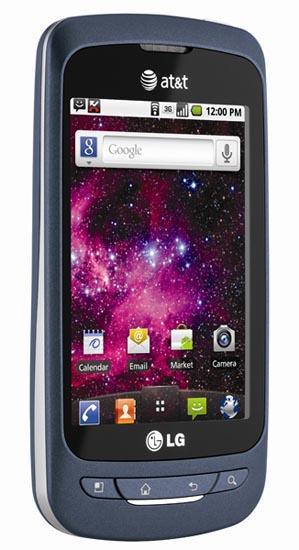
Just like the way that our phones aren’t the same as they used to be, the mobile OS market isn’t the same as it was, either. Back in the day, the standard “dumb phone” populated many people’s pockets, while the more advanced devices were in the hands of those who could either afford them, wanted something to show off with, or needed them for work (or something like work). But in today’s world, having a device that has a touchscreen, advanced features under the hood, and an operating system that you can be proud of (and show off) is what it’s all about. Because of that, the dumb phone isn’t really as standard as it used to be, and something had to fill the gap. Is Android filling that gap?
When a company makes a product, selling a lot of it is priority number one. Or, at least making sure that the product is in as many people’s hands as possible. It is no different for Google and their mobile operating system, Android. When the OS was first launched, it was another smartphone OS that stood out amongst the crowd. But that’s changed today, considering the fact that Android is pretty much everywhere, and national (and regional) carriers are carrying the mobile OS on almost all of their handsets. T-Mobile USA, Verizon and Sprint are all heavy Android suppliers, and even AT&T is beginning to adopt the mobile OS more and more.
And then there are handsets that are called “mid-range” devices, but when you compare a handset like the LG Phoenix to, say, the LG G2x, there’s nothing “mid-range” about the Phoenix. To me, the standard for a “dumb phone” has changed entirely, and while thee flip-phone with the unknown system inside still exists, they’re not nearly as common anymore. They’re the outlying standard now, while smartphone operating systems are the norm.
That’s why I believe that Android is filling in the gap that’s been left behind. But, I don’t think this is a bad thing. In fact, it goes to show how advanced Android is, if you think about it. Considering how adaptable the system is and how configurable it is, the fact that manufacturers can put the mobile OS on any handset they see fit and produce a product that people can use is amazing. It doesn’t matter if Android is filling in the dumb phone gap, because it does it so well.
I don’t believe the day that the flip-phone, or candy bar phone with a no-name system under the hood disappears is coming soon. There are still people out there who just need to have a phone, and they don’t care if it’s running Android, iOS, or webOS. But the majority is showing that smartphone mobile operating systems are the new standard, and obviously manufacturers aren’t going to let that slip by.
Do you think it’s a bad thing that Android is filling in this gap? Should Google keep the OS on a scale higher than that? Or is it a good thing that the system can be configured to many different devices, without worrying about setting a standard? Let me know in the comments below.